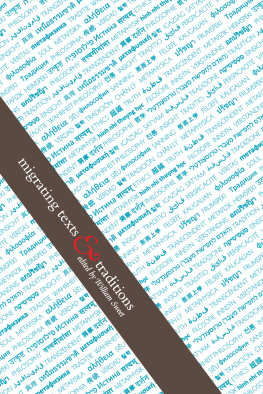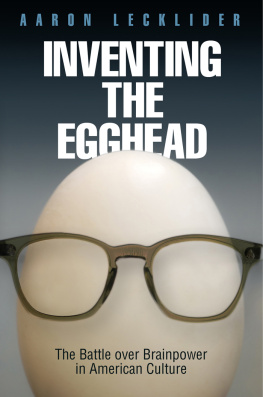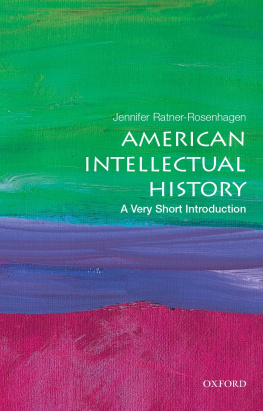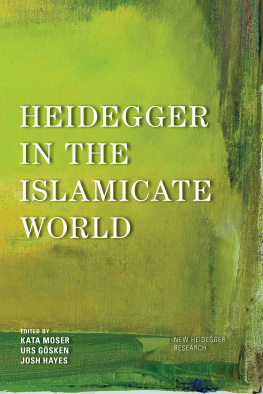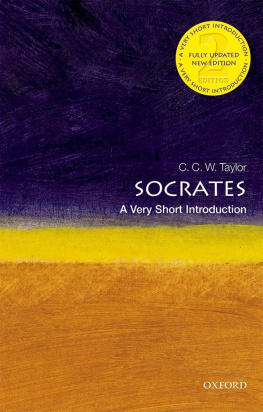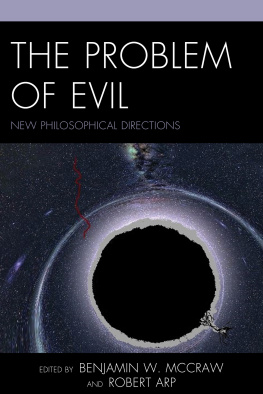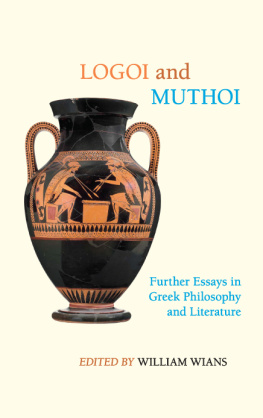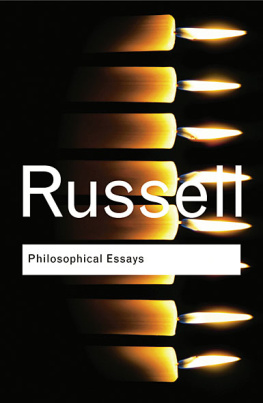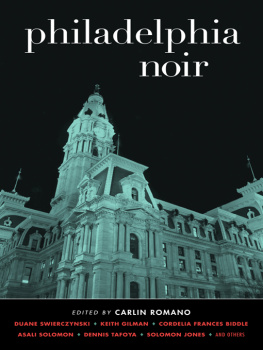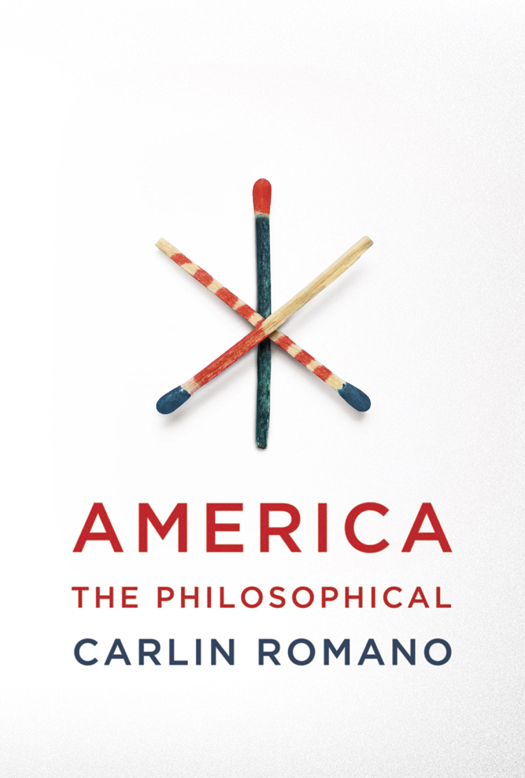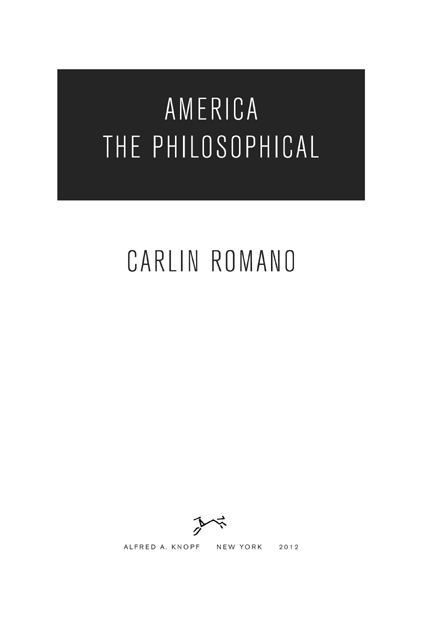THIS IS A BORZOI BOOK
PUBLISHED BY ALFRED A. KNOPF
Copyright 2012 by Carlin Romano
All rights reserved.
Published in the United States by Alfred A. Knopf,
a division of Random House, Inc., New York,
and in Canada by Random House of Canada Limited, Toronto.
www.aaknopf.com
Knopf, Borzoi Books, and the colophon are registered trademarks of Random House, Inc.
Library of Congress Cataloging-in-Publication Data
Romano, Carlin.
America the philosophical / Carlin Romano.1st ed.
p. cm.
Includes bibliographical references
eISBN: 978-0-307-95821-1
1. PhilosophyUnited States.2. United StatesIntellectual life.I. Title.
B 851. R 66 2012
191dc23 2011034753
Jacket illustration and design by Steven Attardo
v3.1
To all who seek to persuade without violence and dogmatism
Between us and the universe, there are no rules of the game. The important thing is that our judgments should be right, not that they should observe a logical etiquette.
WILLIAM JAMES
What is originality? To see something that has no name as yet and hence cannot be mentioned although it stares us all in the face. The way men usually are, it takes a name to make something visible to them.
FRIEDRICH NIETZSCHE
Philosophy really is purely descriptive.
LUDWIG WITTGENSTEIN
The philosophers own scholastic little definitions of philosophy are merely polemical devicesintended to exclude from the field of honor those whose pedigrees are unfamiliar.
RICHARD RORTY
If the immense reality that is America is addressed to serving mans mind and freedom as well as his body it may well become a civilization comparable to Athens and to Rome.
SIMONE DE BEAUVOIR
CONTENTS
PART 2ABANDONING TOOTHLESS TRUTH:
OTHER WHITE MALES MUSCLE IN
PART 4GUTENBERGS REVENGE:
THE EXPLOSION OF CYBERPHILOSOPHY
PART 6JUST SAYING NO TO JUSTIFICATION:
THE MAGNIFICENT FAILURE OF JOHN RAWLS
INTRODUCTION
America the Philosophical? It sounds like Canada the Exhibitionist or France the Unassuming: a mental miscue, a delusional academic tic, a dead-on-arrival concept emitting gases of pure intellectual wish fulfillment. Everyone knows that Americans dont take philosophy seriously, dont know much about it, dont pay any attention to it and couldnt name a contemporary academic philosopher if their passports depended on it. As historian Richard Hofstadter drily observed in his Pulitzer Prizewinning Anti-Intellectualism in American Life (1963), In the United States the play of the mind is perhaps the only form of play that is not looked upon with the most tender indulgence.
But if the title phenomenon of Hofstadters classic indeed boasts, in his view, a long, historical background, the peculiar attitude directed at philosophy in America is more quizzical than hostile, closer to good-humored wariness than contempt. Philosophy doesnt threaten or bother the practical on-the-go American. The American middle manager confronted with a devoted philosophy type is most likely to yank out the old clich What are you going to do, open a philosophy store? and leave it at that. If, of course, the information has been accurately downloaded. Tell your seatmate on a flight that youre in philosophy and the reply is likely to be, Oh, thats great. My niece is in psychology too.
The infrequent philosophy blips on Americas media screens suggest that philosophy doesnt register on the American psyche with the gravitas professors in the field deem warranted. When a blip does occur, it drives that impression only deeper.
Page Six of the New York Postthe ongoing Ground Zero of American gossip even in the age of TMZonce featured Lauren Hutton, the nations fashion model sub specie aeternitatis, anointing Camille Paglia as the greatest living American philosopher (high praise for someone another newspaper likes to introduce with the phrase pro-porn feminist). In tiny New York Mills, Minnesota, the towns Regional Cultural Center draws national press every year with its annual Great American Think-Off. Its a philosophy contest so egalitarian that a finalist one year, Phillip Torsrud, couldnt make the final debate on Which does society value more, money or morality?something about a prior commitment in the Wisconsin Correctional System, an inconvenient conviction for murder. When a wrestler named Nick Baines declared, after entering the University of Northern Iowa, that he planned to become a professor of philosophy, the Des Moines Register judged him an oddity to be closely watched. (Local philosophers, historically wiser, noted that Plato, n Aristocles, actually pulled a similar career movehe adopted his better-known name, which meant broad shoulders, while competing in the Isthmian Games.) And when the University of Chicago, in October 2011, simultaneously hosted (in the same building!) a conference on philosophical giant Bernard Williams, and another on the hit reality show Jersey Shore, guess which one got the front-page New York Times coverage?
Signaling the American media mind-set, it seems, was a publicity release from a New York publishing house, hyping a two-book deal with Dennis Rodman, Americas faded, body-pierced, outr, cross-dressing exbasketball badboy. It offered a sweeping historical perspective on its previously unheralded new thinker in ascending typeface:
Socrates
Confucius
Chopra
RODMAN!!!
Does America take philosophy seriously? One might as well ask whether America takes monarchy seriously. Joking about philosophy in the United States or just ignoring it comes with the territory, like learning the Pledge of Allegiance. Hard-boiled, concrete-minded descendants of everyone from the Pilgrims to the slaves to the boat people, we pick it up along the way, like mistrusting politicians, refinancing mortgages or choosing whizbang smartphones. Its the way were supposed to think about a discipline described by Ambrose Bierce (who promptly disappeared into the desert) as a route of many roads, leading from nowhere to nothing, and by historian Henry Adams as a field that offers unintelligible answers to insoluble problems.
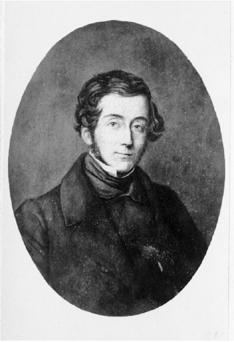
Tocqueville, that touchstone for all synoptic thinking about America, thought the peculiar attitude of its residents toward philosophy so obvious that he began the second volume of Democracy in America by noting it: I think that in no country in the civilized world is less attention paid to philosophy than in the United States. The Americans have no philosophical school of their own, and they care but little for all the schools into which Europe is divided, the very names of which are scarcely known to them.
Even Tocqueville, however, nodded. For all his general insight into the fledgling United States, he, like many French intellectuals, saw American thought through the prism of European customs and assumptions. The conclusion he drew from that putative intellectual state of affairsthat in most of the operations of the mind each American appeals only to the individual effort of his own understandingwas false then, and is even more false now. His misstep came in using the word only. He should have written that each American also appeals to the individual effort of his own understanding.


